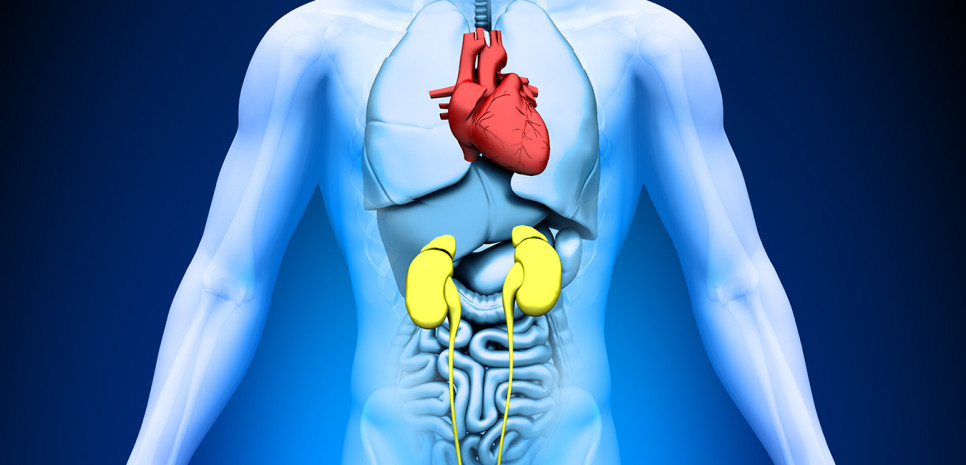Migraine headaches affect as many as 18 percent of American women and 6 percent of American men, triggering a cluster of neurological symptoms, including severe pain, visual disturbances, nausea and vomiting, tingling and numbness, and sensitivity to light, sound, and smell. If that weren’t enough, it’s beginning to appear that this common condition may also be a harbinger of future …
3 New Tests to Predict Heart Attack and Stroke Risk
Three new blood tests can help identify hidden risk for a heart attack or stroke in seemingly healthy patients—before symptoms strike. The new tests, now available through Cleveland HeartLab (CHL), check levels of certain biomarkers that have been linked to cardiovascular danger in peer-reviewed studies. Cardiovascular disease (CVD) is the leading killer of men and women, accounting for one in …
Inflammation Could Be the Top Threat to Your Health: Natural Ways to Fight It
“Acute inflammatory response is often necessary to save your life, and yet chronic inflammatory response could lead to death,” because it’s been linked to everything from heart disease and stroke to Alzheimer’s disease, high blood pressure, cancer, and many other fatal conditions, Dr. Mark Kestner recently reported in an article titled, “Chronic inflammation will probably be what kills you.” New …
Novel Biomarker Test for Cardiovascular Disease Risk Now Available from Cleveland HeartLab
A novel biomarker called ADMA/SDMA is an independent predictor of heart attack risk and may also identify patients with diabetes, pre-diabetes or kidney disease, according to recent peer-reviewed studies. The ADMA/SDMA biomarker blood test, now available through Cleveland HeartLab (CHL), measures levels of asymmetric dimethylarginine (ADMA) and symmetric dimethylarginine (SDMA). Elevated levels of these biomarkers can signal damage to the …
4 Delightful Cardiovascular Benefits of Positive Emotions
Embracing positive emotions–from optimism and gratitude to love, laughter and other joyful experiences–has been shown to dramatically reduce heart attack and stroke risk, and could even add years to your life, new research suggests. In fact, the most optimistic people are twice as likely to have ideal cardiovascular health, compared to those who are pessimistic, according to a study of …





